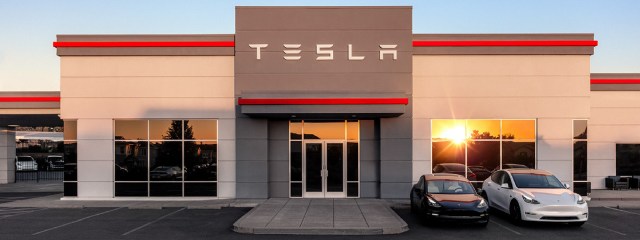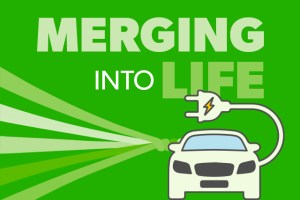So, you’re ready to make the switch to an electric vehicle. You’ve done your homework, formulated a price range, even homed in on a few possible models. All that’s left are some test drives and signing on the dotted line, right? Let’s pump the brakes a bit.
EVs may not have internal combustion engines but they do come with the two age-old, car-buying questions: New or used? Buy or lease? Many of the factors that go into these decisions are the same for EVs as they are for their gas-powered counterparts. However, there are some important distinctions that should be taken into consideration.
New vs. Used
Ideally, we’d always like to get behind the wheel of a sparkling new car every time we’re in the market for a different set of wheels. Particularly in the rapidly developing world of EVs, buying a new vehicle ensures you’re driving the best-performing, most technologically advanced model available. But for practical reasons, purchasing a new car isn’t always an option. This is where the used car market comes into play.
The primary benefit of opting for a used EV is the upfront savings. This is no small point, as EVs are known to have high upfront costs. EVs also have fewer moving parts and require less maintenance, so older models will typically be in better shape than used gas-powered cars. Depending on the age of the used car, you could still be covered by the warranties, including the all-important battery warranty. (Not all car companies transfer this warranty to second-hand owners. If looking for a used EV, make sure to ask about this and factor it into your car-buying decision.)
There are some risks that come with owning a used EV. Regardless of the status of the warranty, you will be getting a poorer-performing battery. These lithium-ion batteries begin to degrade on day one and lose approximately 1-2% of their capacity each year. As battery capacity drops, so does driving range and overall performance. Since EVs are still a fairly new technology, there’s not a substantial amount of data on how long a typical battery will last.

Buying vs. Leasing
EVs are at the cutting edge of technology with better-performing cars being introduced each year. Batteries, in particular, are rapidly becoming more and more efficient. You may not want to be locked into a vehicle today when they can get a much-improved model a year or two later. A lease allows you to upgrade every two or three years, promising you’ll always be at the technological forefront. The rapid improvement in EVs also means they undergo steep depreciation. This loss of value won’t be your concern if you don’t own the car.
Leasing allows guarantees that you’ll be covered by the car’s warranties, which will likely outlast the terms of your lease agreement. For EVs, this includes a battery warranty good for a minimum of 8 years/100,000 miles. After the expiration of said warranty, the owner is responsible for any battery repairs or replacements, which can be expensive. By leasing, you’ll get a fresh battery long before your current one degrades any noticeable amount.
Buying an EV has its share of benefits, as well. Long-term, it’s generally a more sound financial decision to purchase a car instead of borrow. At some point, your monthly payments will end and the vehicle will be an asset you own. Lease payments will continue as long as you are in possession of the vehicle.
When it comes to EVs specifically, buying is the only way to ensure you will be eligible for the full federal tax credit, as well as any local financial incentives. Dealerships may pass along some of these savings if you are leasing, but there’s no guarantee.
And just because you purchased the vehicle, doesn’t mean you can’t upgrade. In fact, it may be easier to do so than when leasing an EV. You can always sell the vehicle any time you like. Getting out of a lease agreement early, however, may cost you in the form of termination fees and penalties.
Financing
For all intents and purposes, financing an EV is the same as financing a gas-powered car. When formulating the terms of your auto loan, lenders are going to look at factors such as credit score, down payment and income, not how the vehicle is powered.
On the personal financial side, coming up with a price range for an EV purchase can be a little trickier. EVs are typically more expensive than gas-powered gas in the same class. However, numerous federal and local tax credit and rebate programs can help offset that cost. Owners will also recoup money over the lifetime of vehicle ownership, as EVs are generally less expensive to operate thanks to fewer maintenance demands and zero fuel costs.
Visit AAA’s Electric Vehicle platform for more information on these cars of the future.
2 Thoughts on “Understanding Electric Vehicle Purchase Options”
Leave A Comment
Comments are subject to moderation and may or may not be published at the editor’s discretion. Only comments that are relevant to the article and add value to the Your AAA community will be considered. Comments may be edited for clarity and length.

















This says “zero fuel costs”. I don’t have an electric car, are charging stations “free”? Certainly the electricity in your home is not free.
Hi Jeffrey, in this context “fuel” is referring to gasoline. Most often, use of public charging stations does cost money.